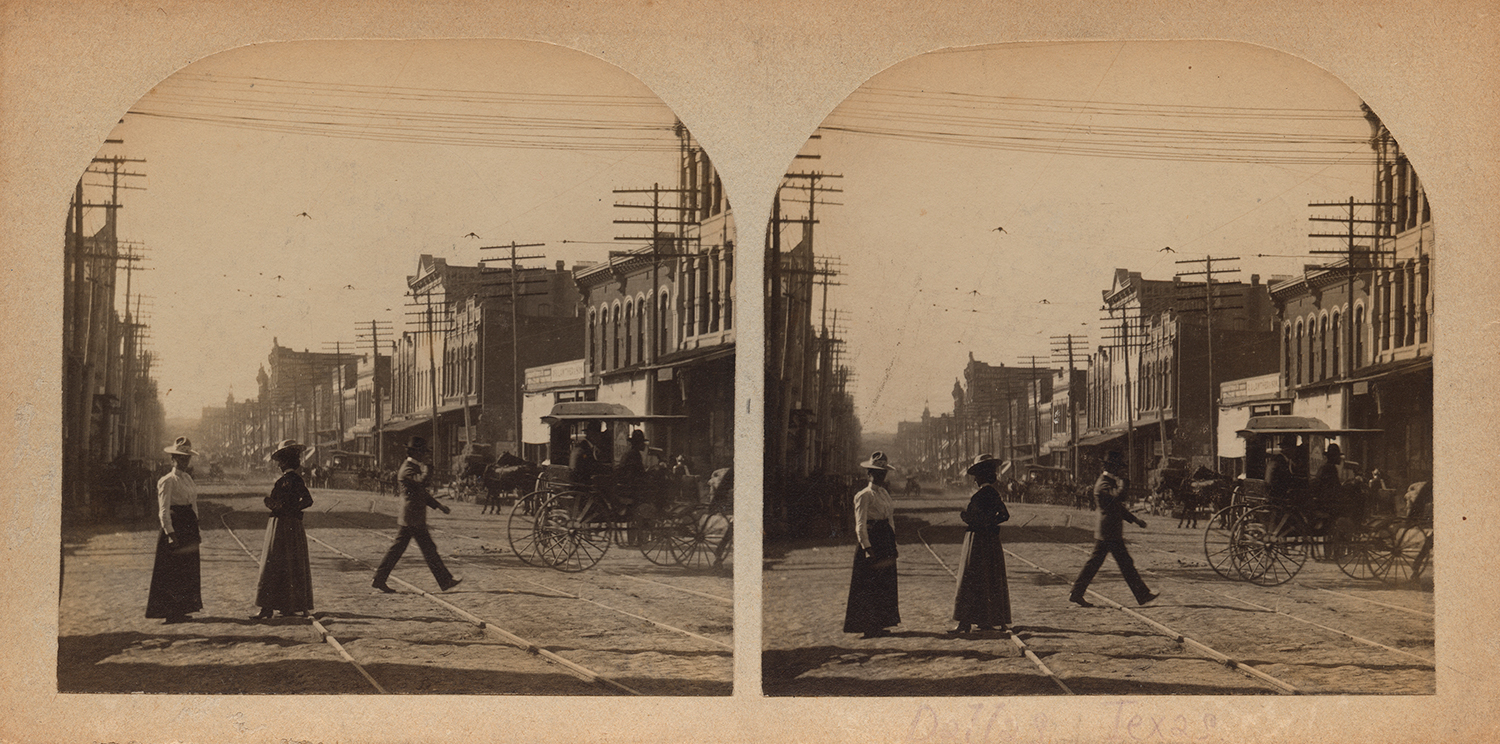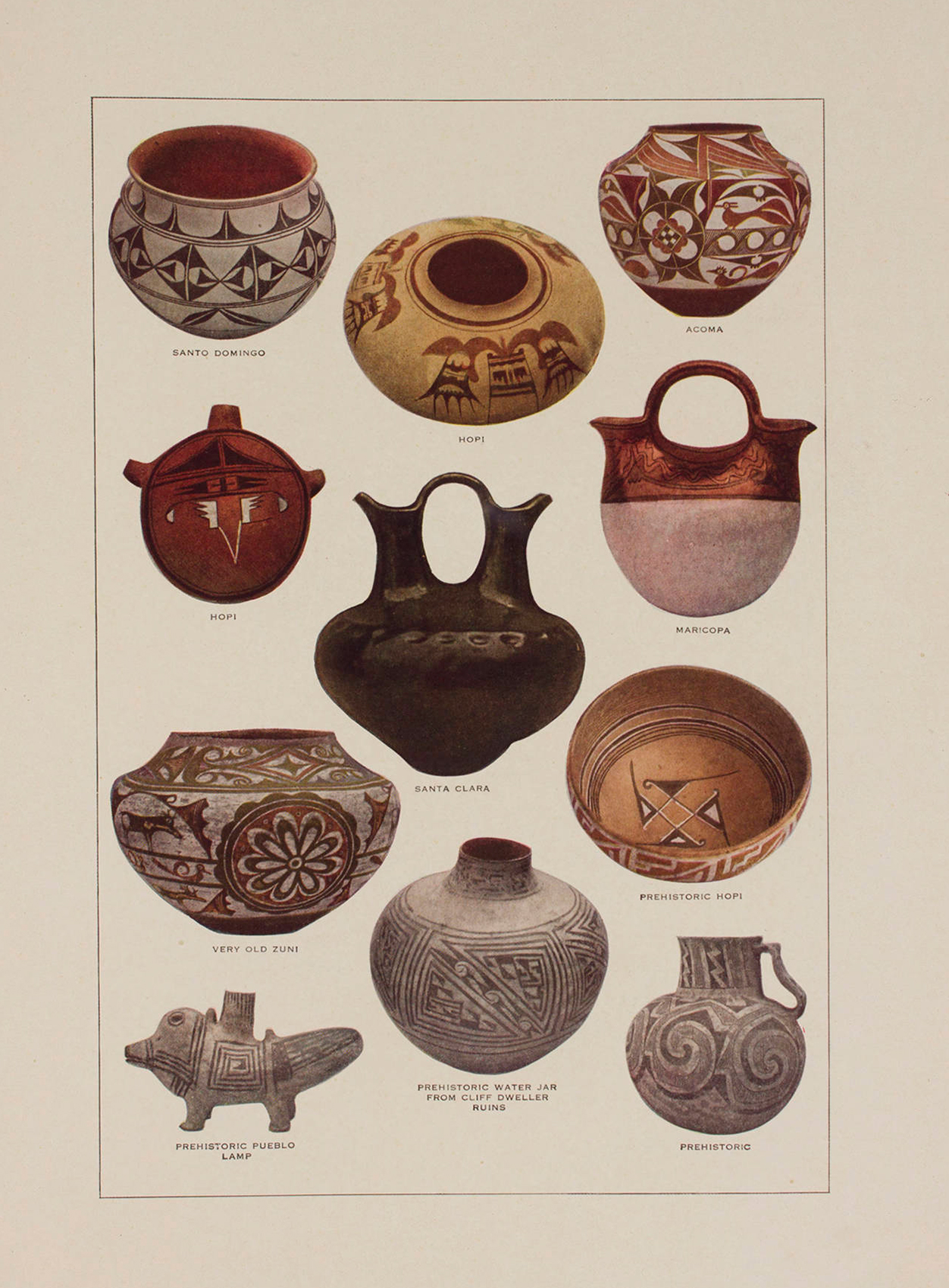

This Contribute post was provided by Jolene de Verges, Director, Hamon Arts Library, and Cindy Boeke, Digital Collections Developer, Central University Library, Southern Methodist University.

Southern Methodist University (SMU) is a 100-year old private university located in Dallas, Texas, with a strong foundation in the humanities and sciences and undergraduate, graduate, and professional degree programs throughout seven schools.
Within the Central University Library at SMU, there are three areas of concentration that currently comprise the digital library program:
- An extensive digitization program, the Norwick Center for Digital Services, focused on online presentation of the university’s prestigious but mostly hidden special collections;
- A recently established open access repository, the SMU Digital Repository, for submission of research and scholarship, including research data;
- A new and expanding program of support in the Hamon Arts Library for born-digital content management and digital media, enabled by recent enhancements to the digital infrastructure at SMU
Norwick Center for Digital Services
To make its extensive special collections available online, the Central University Library manages the Norwick Center for Digital Services (nCDS), a full-service digitization and metadata services operation. Collections are presented through the CUL Digital Collections website. Anyone can use these primary resources for research and pedagogy. Already, some 50,000 image, text, and audio/video files are online that include strong concentrations in railroads, Texas history and art, Mexico, the U.S. West, the U.S. Civil War, SMU history, African American films, and more. A new digital production librarian joins the staff of the Norwick Center this month.
A separate digital project is underway at Bridwell Library that has made more than 4,000 image, text, and audio/video files available, with ten new collections in progress. Bridwell Library Digital Collections include rare books, manuscripts, broadsides, prints, and archival letters, documents, and photographs representing the institution’s major collecting areas: archives, bibles, church history, theology, popular religion, devotional literature, European printing before 1501, Reformation and Counter-Reformation, and Wesleyana and Methodistica.
The Norwick Center has available the following tools in its digitization center: small and large format scanners, specialized book and map scanners, a high-resolution digital camera and digital photography studio, and equipment to capture and digitize audio, video, and 16 mm film. Norwick adheres to high standards of digitization, metadata creation, and digital collections management through documented best practices, workflows, and procedures. The guidelines for digitization are outlined in SMU Central University Libraries Digitization Guidelines and Procedures. Metadata cataloging and file-naming guidelines are described in the SMU CONTENTdm Guide: Framework for Building a Collection.
nCDS serves as a teaching lab with a longstanding MLS practicum that provides students with hands-on experience and training in digital collections development. Work during the practicum is focused on digitization, metadata creation, digital collections software training, and outreach. Since fall 2009, nCDS has hosted 28 MLS practicum students and library school graduates, many of whom use their newfound skills in a wide range of jobs throughout the library profession.
In fall 2013, nCDS began hosting a Digital Humanities Practicum, which allows SMU graduate students to learn about the growing use of technology and software tools for teaching, research, and scholarship in the humanities. Staff at nCDS teach the students digitization, metadata creation, and digital collection development using CUL Digital Collections. Feedback on the practicum has been overwhelmingly positive.

SMU Digital Repository
The SMU Digital Repository is a growing collection of the university’s scholarly output. Started in 2012 on the Digital Commons platform, the repository added the SMU Law Review in January 2015. Working papers from SMU’s Cox School of Business and student projects from the campus Engaged Learning program are especially popular communities. More law journals are anticipated in the future, as well as a pilot project for depositing ETDs.
The SMU Digital Repository is a partnership between the Central University Libraries, the Office of Research and Graduate Studies, and the Office of Information Technology. Staffing and coordination of policies are managed by a digital repository manager, assisted by an Advisory Group and a Digital Repository Committee. SMU is taking a systematic approach, working with individual faculty and reaching out to departments to encourage submissions. The areas of policy, outreach, and distribution of managerial tasks and roles are evolving.
Digital Media and Digital Asset Management
![[Lantern Wall Sconce with Dragon Design], 1934, shop drawing](https://www.diglib.org/wp-content/uploads/sites/3/2015/09/LanternWallSconceWithDragon.jpg)
